 My dadLast Saturday, like a complete noodle (because who has time for this during Christmas?) I bit on the fourteen-day free trial at Ancestry dot com.
My dadLast Saturday, like a complete noodle (because who has time for this during Christmas?) I bit on the fourteen-day free trial at Ancestry dot com.
I think the only thing I moved for the next eight hours was my index finger, to click the mouse and follow my lineage back, back, back into the dark murky waters of seventeenth-century Ireland.
(Your free trial doesn't take you across the pond, should your search point in that general direction. And if you become a paying customer it costs way more to investigate your provenance outside of the USA.)
At times I laughed out loud as I clicked and read, causing TG to holler, "Are you having a good time?" from his vantage point in the next room where he lay prone on the sofa watching football, moving nothing but his thumb to click the remote.
We're totally digital at our house.
So, what did I find out? I know you're dying to know because, it being Christmas and all, you've got nothing else to do but read about my dead relatives.
Well.
I got as far back as Brian McManus, born in 1675 in Carrickfergus, Antrim, Ireland. He stayed on the Emerald Isle but his son, John McManus, emigrated to America in the early 1700s.
He settled in Maryland, where he died in 1738. That's the last mention of a McManus in my family tree living north of the Sweet Tea Line. Thereafter they hailed from South Carolina and Louisiana.
Many years later in Louisiana, a little girl was born with the name ... wait for it ... Louisiana! Amongst her siblings she had a sister named Missouri and one named Alabama. Also a brother named Washington.
Her parents were clearly enamored of these United States.
And guess what! Their last name was Bird! Louisiana Bird! She was my great great grandmother.
I like it that my great great grandmother was named Louisiana Bird. I'll bet you a creamy-white magnolia petal she was ditzy like me.
 Elizabeth Cassidy Sandifer - Mamaw (1918-1981)
Elizabeth Cassidy Sandifer - Mamaw (1918-1981)
At any rate, she married a man named Allen Guice O'Neal. He was an ordained Baptist minister who ended up committing suicide.
According to a newspaper article, he had been despondent about an ongoing illness.
It was Nora O'Neal, the daughter of Louisiana and Allen, who married one J.T. McManus. Eventually there was born to them a little boy they named Onie.
Onie grew up and married a pretty girl named Doris Freeman, and together they had one child: a son, Blanchard Guy McManus, born October 16, 1930 in Shreveport, Caddo Parish, Louisiana.
Blanchard was my father.
Several years later, on June 25, 1937, my mother would be born in Brookhaven, Lincoln County, Mississippi.
Her parents were Dorsey Rollins Sandifer and Elizabeth Cassidy Sandifer. My beloved Papaw and Mamaw.
My own TG was especially doted upon by Papaw. The first time they met was in Atlanta in June of 1979, a few days before our wedding.
When TG arrived, Papaw was cooking up a big pot of jambalaya for everybody. Papaw was a cajun chef with few equals. He could've taught Paul Prudhomme a thing or twelve.
I still dream of his repasts of fried brim (that he'd caught on his own bayou trotlines), hot crispy okra, melt-in-your-mouth butterbeans, and scrumptious cakelike cornbread.
 My grandmother Doris Freeman McManus (R)(Let's not even talk about his homemade fudge. My sister and I -- as adults -- have been known to fight over a tin of that stuff. Since his passing I've never tasted fudge remotely like it. People don't know what fudge is anymore. Hint: it does not involve chocolate chips, marshmallow creme, or condensed milk.)
My grandmother Doris Freeman McManus (R)(Let's not even talk about his homemade fudge. My sister and I -- as adults -- have been known to fight over a tin of that stuff. Since his passing I've never tasted fudge remotely like it. People don't know what fudge is anymore. Hint: it does not involve chocolate chips, marshmallow creme, or condensed milk.)
An' yeah ma cher, for that jambalaya recipe he'd brought the Andouille sausage with him all the way from Baton Rouge.
Well, when Papaw put it on the table accompanied by a pan of cornbread still in the black iron skillet and said "tuck in" -- or words to that effect -- TG took it very personally. He ate three platesful and before the evening was over, Papaw was calling that Ohio boy "son."
December 4 -- last Saturday, the day I sat for hours researching my ancestry -- would have been Papaw's ninety-fifth birthday.
One of the times I laughed out loud was when I was looking at crystal-clear pictures of the handwritten census records from 1920 and 1930 in Wesson, Copiah County, Mississippi.
Although my grandfather had celebrated his fourth birthday just three weeks prior to January 7, 1920, the census enumerator for "Wesson City," one Albert B. Weeks, put down little Dorsey's age as four and a half. He is correctly identified as to race and gender across the line of little checkboxes thusly: Dorsey ... Son... M ... W ... 4 1/2 ... S.
His mother, my great-grandmother Eugenia, whose husband had died the previous November, was expecting her last child, baby Myron. She is described as a 41-year old white woman, widow, head of the house.
Living in the home with her were sons Anderson, Jessie, and Dorsey, as well as daughters Buella, Mildred, Elberta, Bessie, Mollie, and Katie.
Ten years later, on April 7, 1930, the census enumerator for "Wesson Town" in Copiah County, Mississippi, was a lady named Mattie Matthews.
Eugenia, by then age 50, still lived in the little house described as being situated "East of the Railroad Tracks" (the wrong side, no doubt), but she'd added two boarders: Hooper Stone, white, age 25, and Hilda Carruthers, white, age 22.
Some of her brood had flown the nest. Remaining at home were sons Jessie, age 22, and Myron, age 9. They were joined by daughters Mollie, 17, Katie, 15 ... and Dorcie, 14.
 Dorsey Rollins Sandifer - Papaw (1915-1994)
Dorsey Rollins Sandifer - Papaw (1915-1994)
Yes. Somewhere between 1920 and 1930 my grandfather became a girl and changed his name from Dorsey to Dorcie.
That information provided according to what had to have been an extremely myopic -- or, at the very least, distracted -- census taker.
Isn't that special?
Papaw would've loved it that the census enumerator wrote him down as a daughter when he was fourteen. In my mind's eye I can see his face alight with laughter and with my heart I can hear that laughter.
Maybe after wiping away tears of mirth, to entertain us he would have snatched his harmonica out of his pocket and played the piece that sounded just like the slowly-building noise of a locomotive progressing purposefully along the rails, crescendoing in its high-pitched whistle as it blew by us where we stood "East of the Railroad Tracks."
Because anywhere my Papaw was, was always the side of the tracks I wanted to be on.
Even if he was really a girl.
 Thursday, December 16, 2010 at 04:44PM
Thursday, December 16, 2010 at 04:44PM  I found out by accident -- actually, thanks to a kind comment by a wonderful photographer named Carver -- that I am "hosting" SkyWatch Friday this week.
I found out by accident -- actually, thanks to a kind comment by a wonderful photographer named Carver -- that I am "hosting" SkyWatch Friday this week.






 Jennifer |
Jennifer |  12 Comments |
12 Comments | 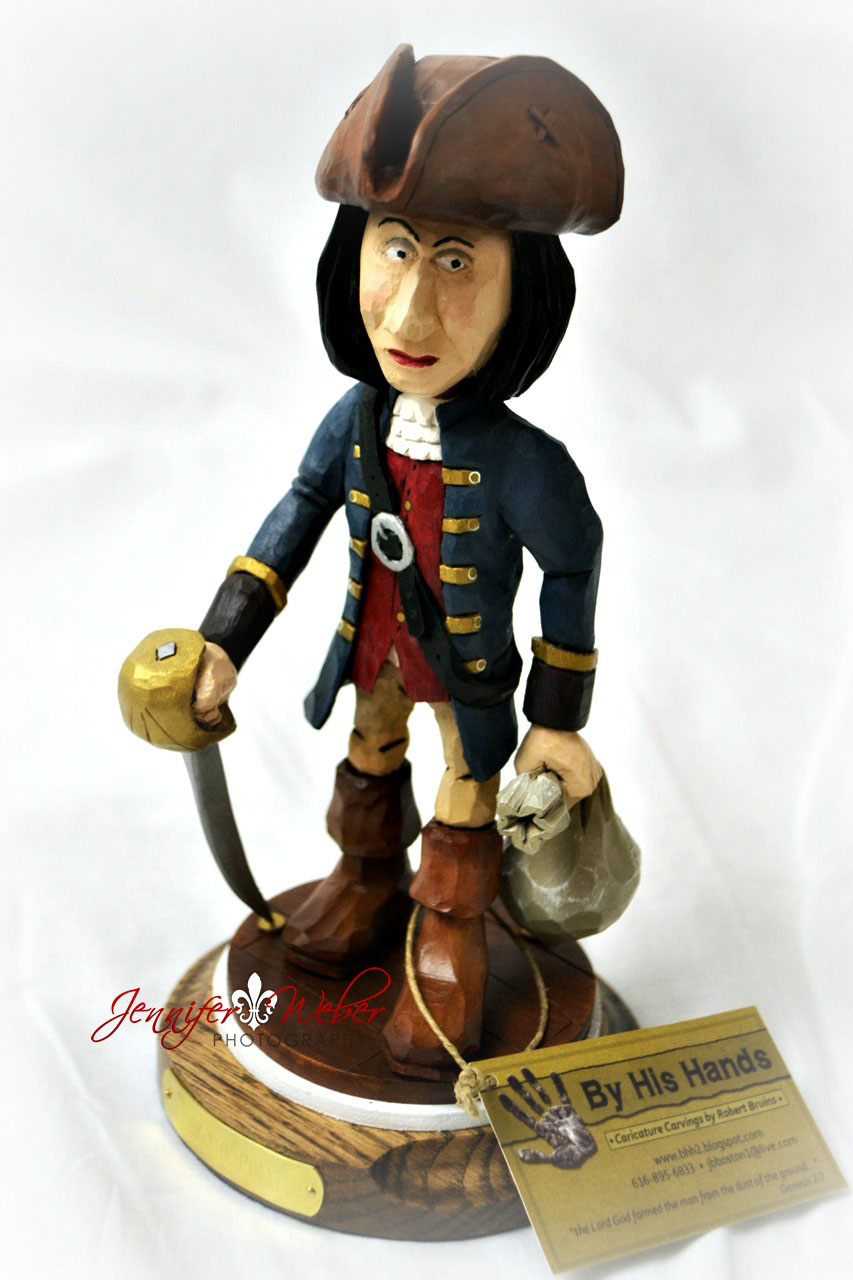

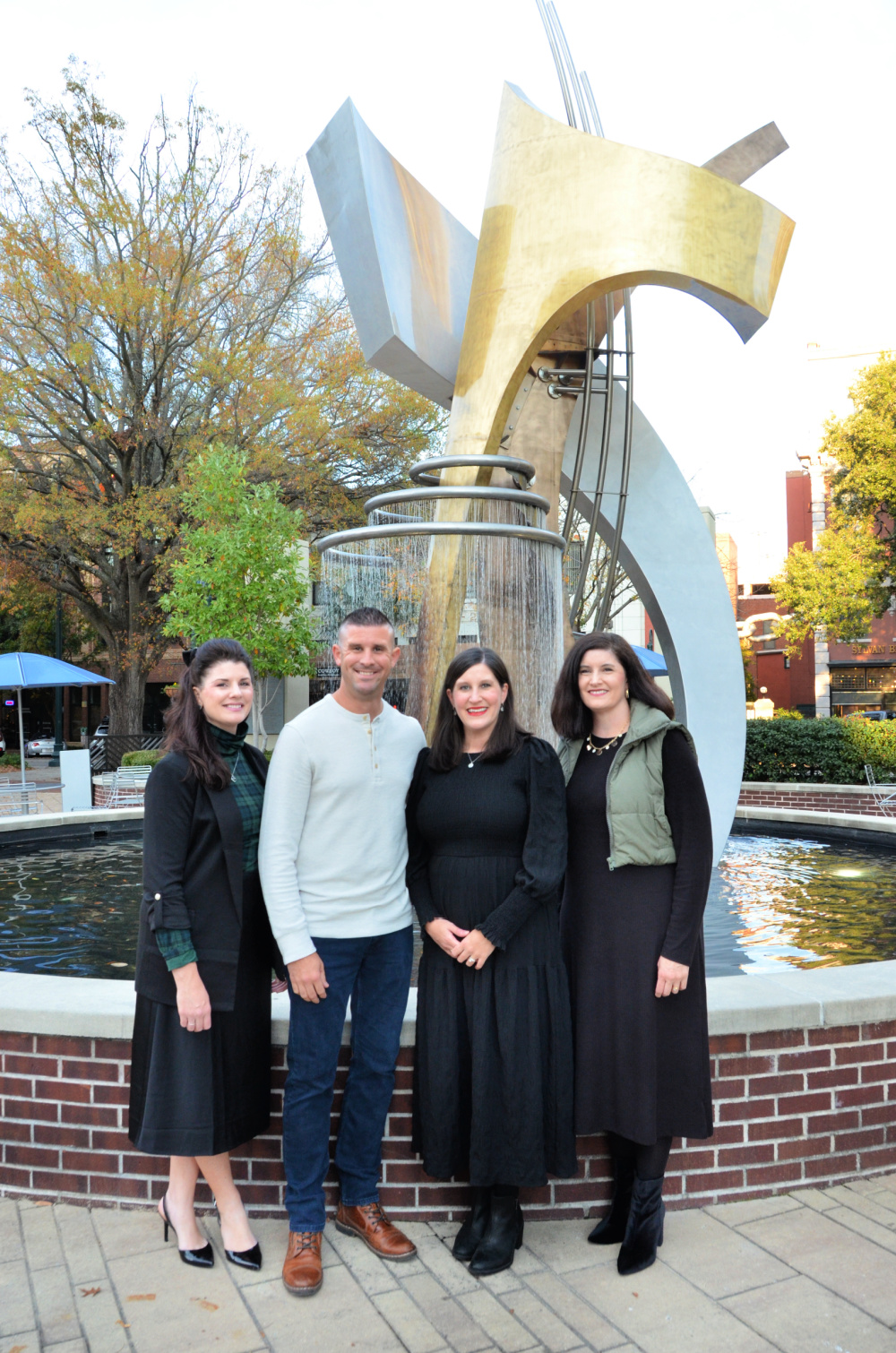
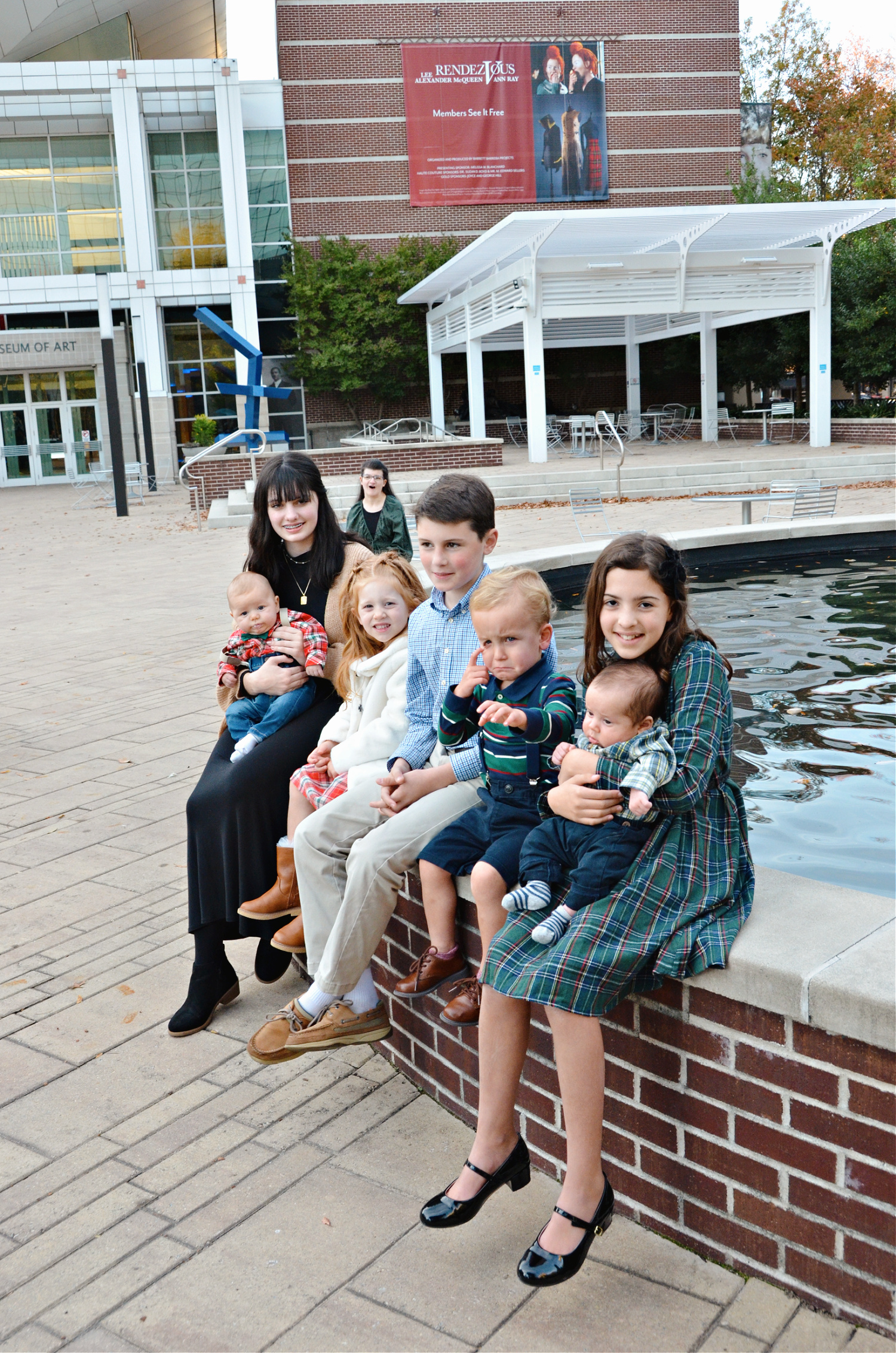
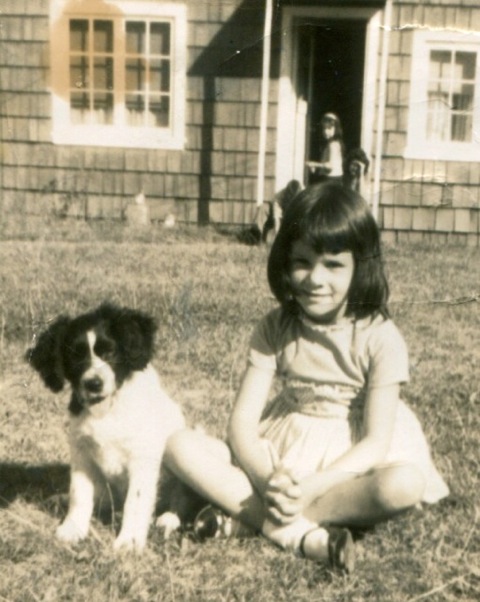


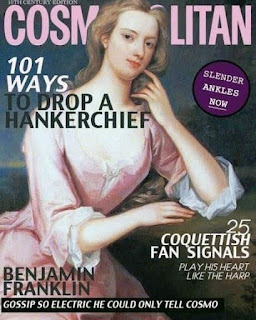









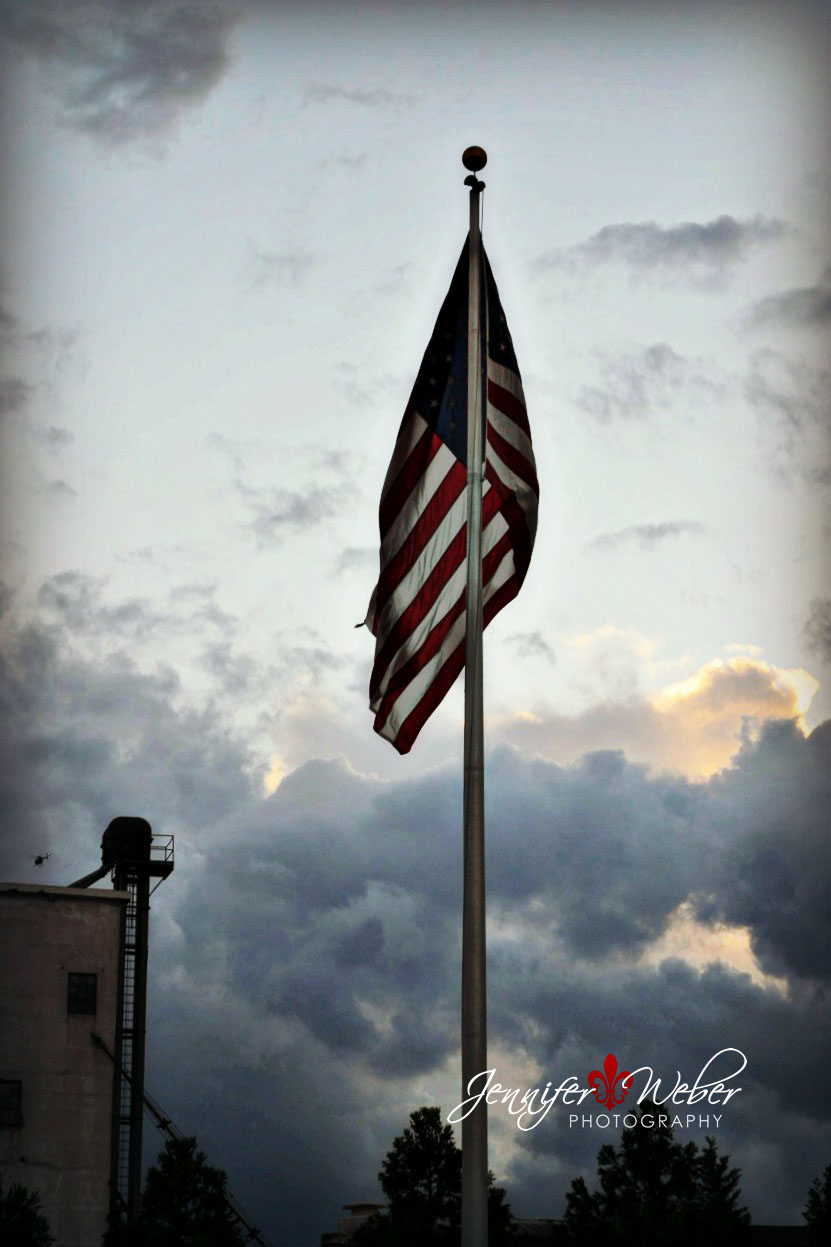
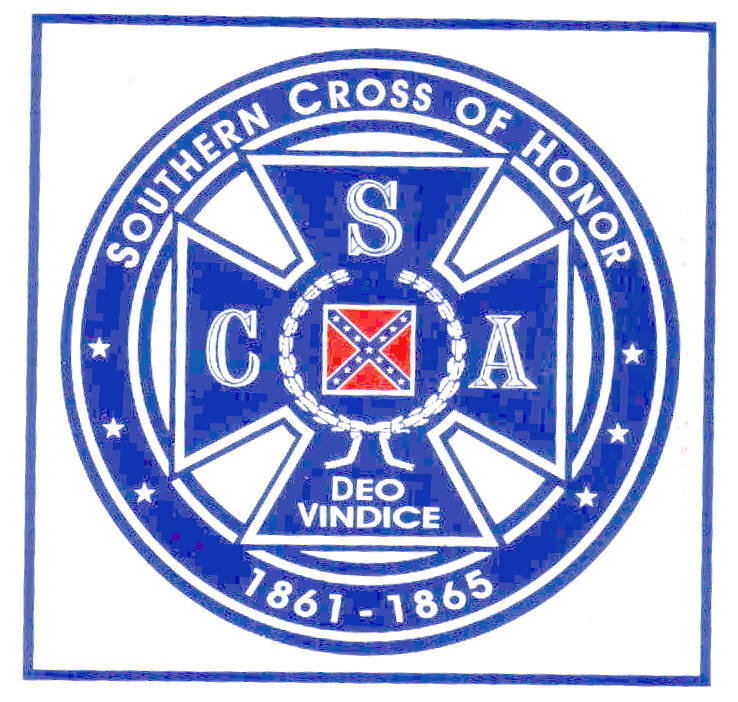


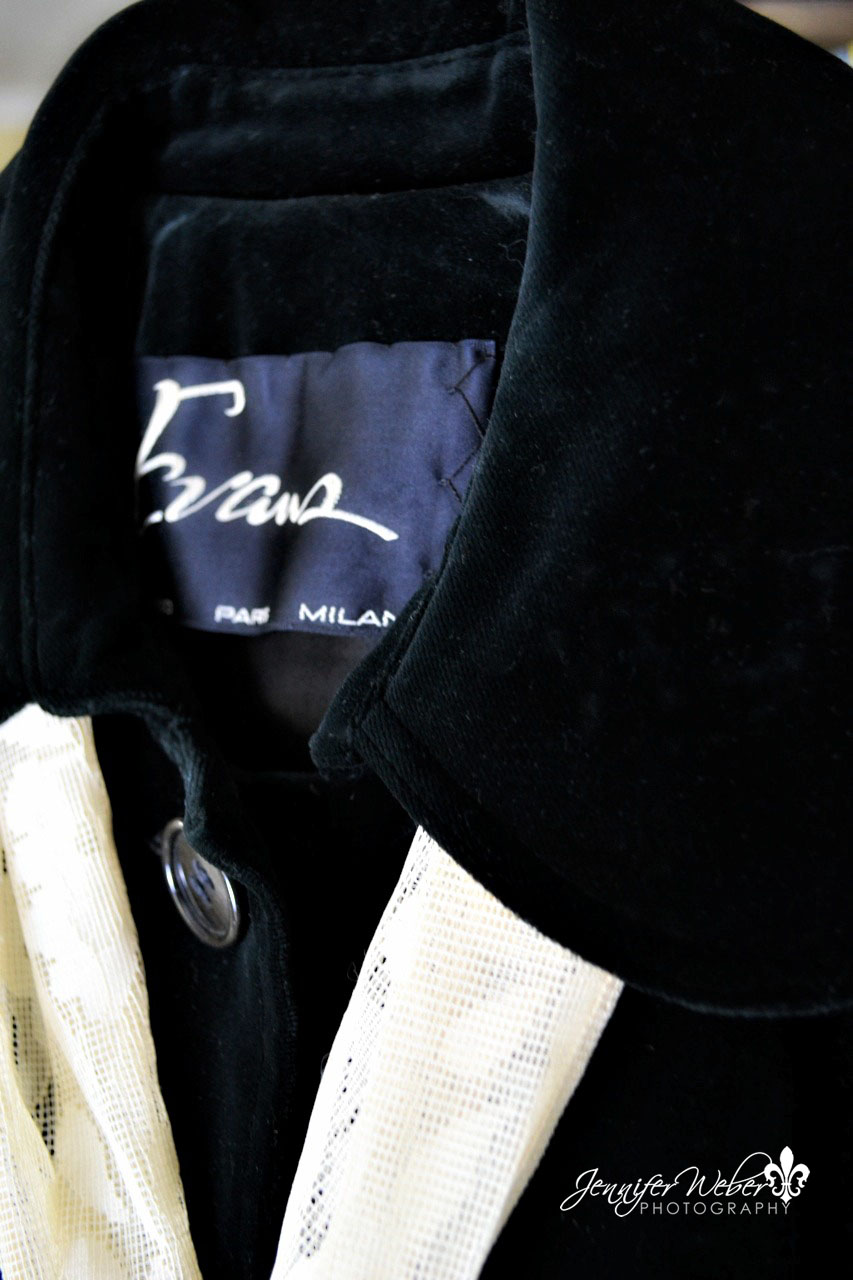

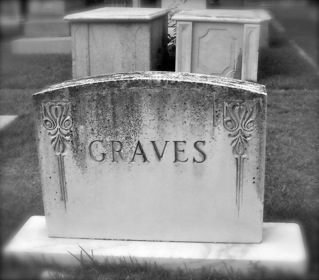
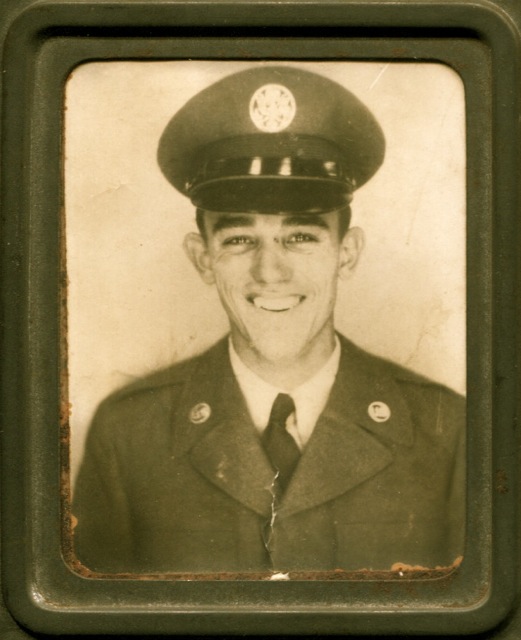
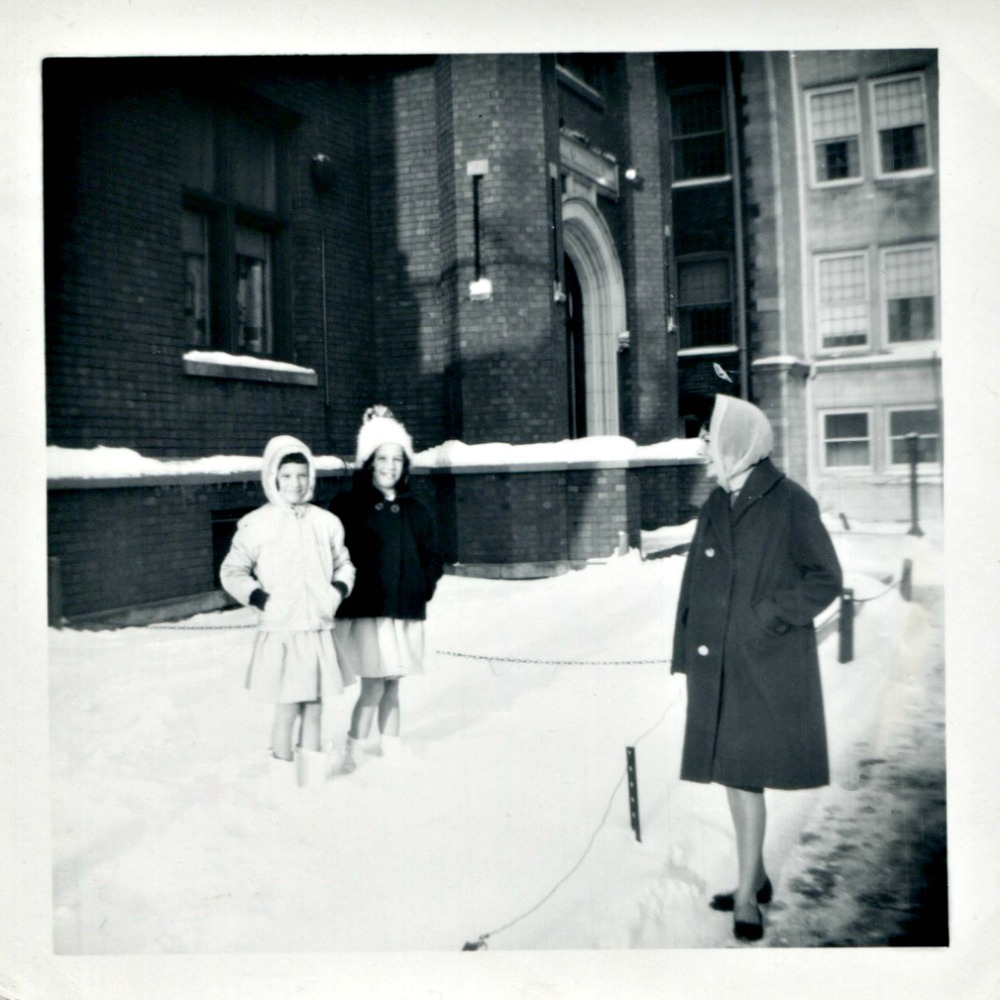
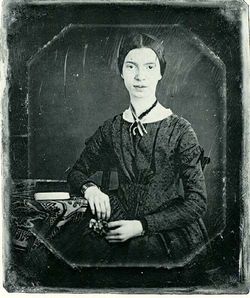
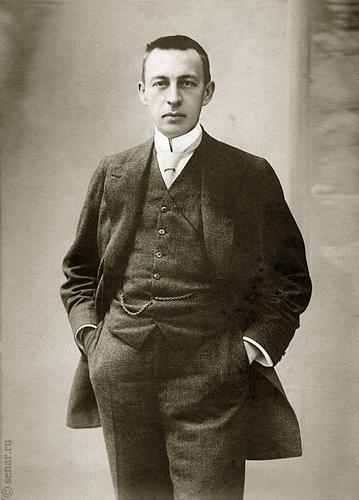
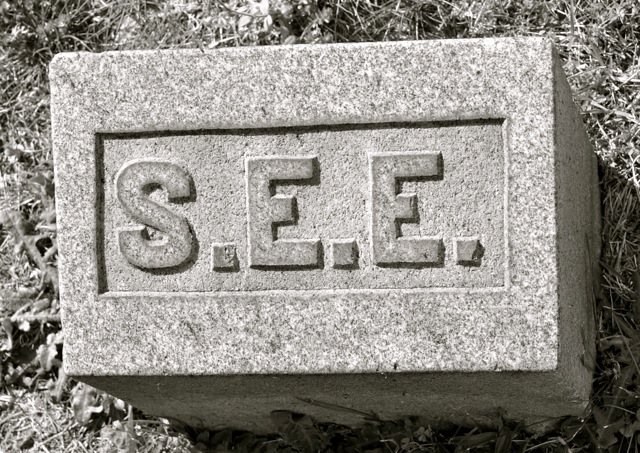
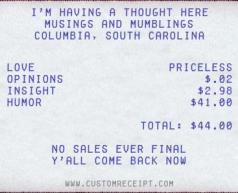
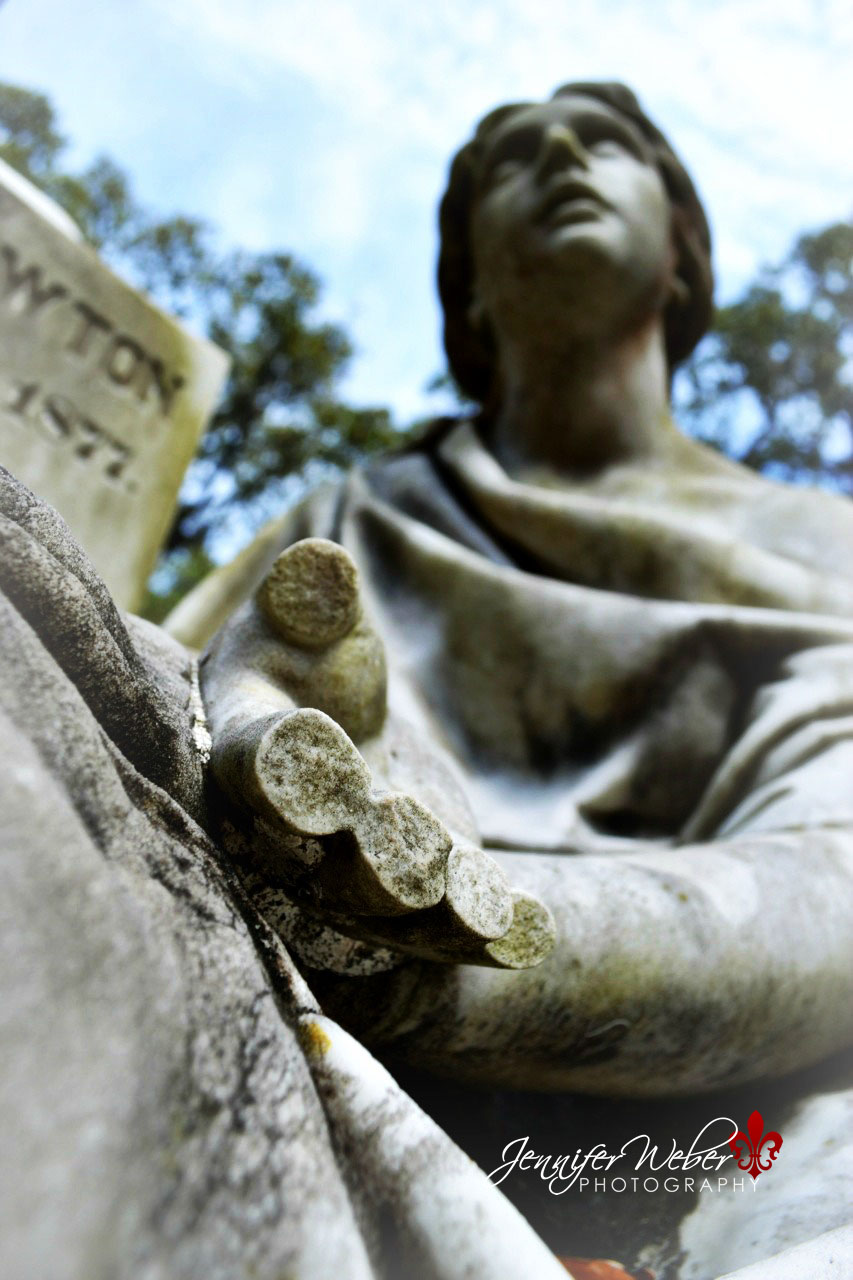


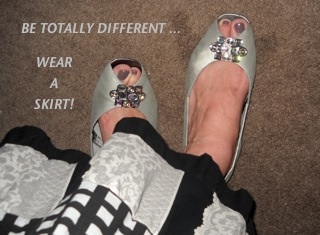




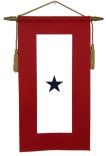
























































![Hold Back the Dawn [DVD] Charles Boyer; Olivia de Havilland; Paulette Goddard](http://ecx.images-amazon.com/images/I/41AkExBJQsL._SL75_.jpg)






























